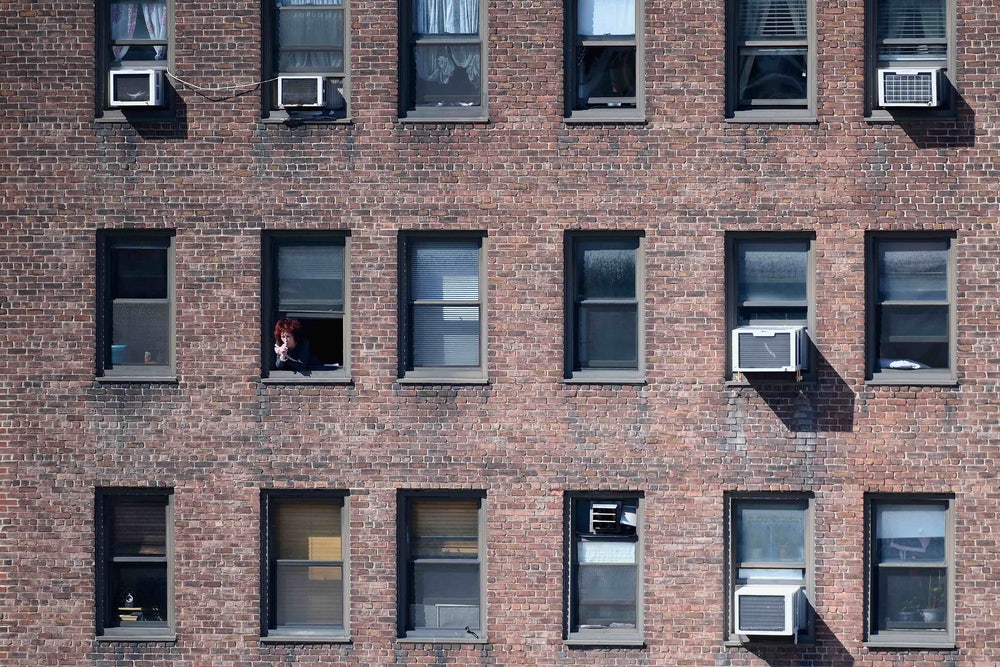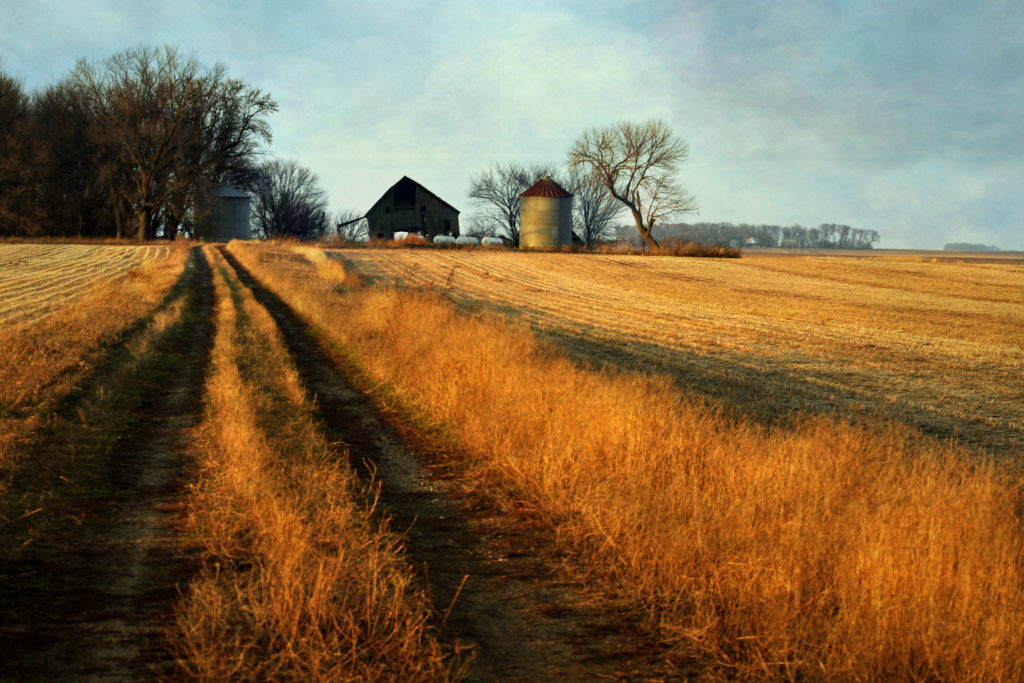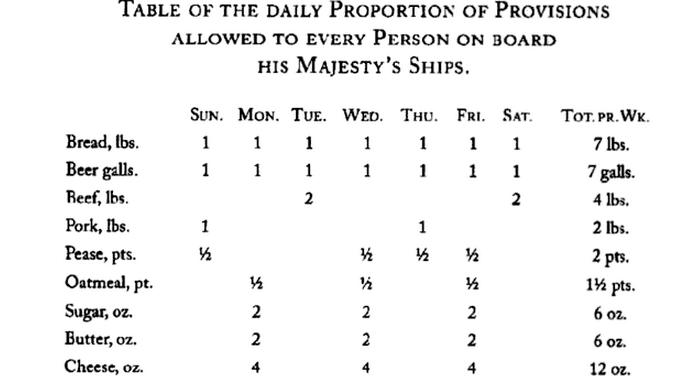
Angela Weiss/AFP/Getty Images, via The New Republic
Once a month, we put together a list of stories we’ve been reading: news you might’ve missed or crucial conversations going on around the web. We focus on environmental justice, radical municipalism, new politics, political theory, and resources for action and education.
We try to include articles that have been published recently but will last, that are relatively light and inspiring, and are from corners of the web that don’t always get the light of day. This will also be a space to keep you up to date with news about what’s happening at Uneven Earth.
All of March and April, we’ve collected lots of articles on coronavirus. And we thought that, now, two months after the World Health Organization declared it a global pandemic, is a good moment to reflect on where we are and take stock of where we are going. So, this reading list, we’re only featuring articles on coronavirus.
First, we’re highlighting guides and resources for how to organize during the crisis. Second, we highlight the political actions and movements that are responding to the crisis around the world. Third, we feature articles focusing on the wave of mutual aid that has emerged following the pandemic. We are also including analysis of what caused the pandemic. Other topics include: its effects in the Global South, the importance of care & care work, its impact on cities, degrowth as a key response to the economic crisis caused by the pandemic, its effect on food systems, the emergence of eco-fascism in response, and analysis of what the world will look like after this all.
Uneven Earth updates
The only thing to last forever | An endless repetition had taken hold of the world
Where did coronavirus come from, and where will it take us? | An interview with Rob Wallace, author of Big Farms Make Big Flu
Pandemic strike | Rob Wallace says we need new tactics to show that people’s lives matter more than profit
Exploring transformative change on the brink | In moments such as these, the landscape of possibility shifts. How can activists engage on the ground?
This pandemic IS ecological breakdown: different tempo, same song | Comparisons between the toll of COVID-19 and climate change are not helpful because they view each as two separate “things”
Our contributing editor Vijay Kolinjivadi also appeared on the podcast This Is Hell! to talk about his article.
Now is the time to end the climate emergency | Reading The Green New Deal and beyond in the middle of a global crisis
To organize in times of crisis, we need to connect the dots of global resistance against Imperialism | Moving beyond a politics of confusion towards Internationalism
When viruses shatter limits | Viruses are invisibly small, cause monumental pandemics, and force us to rethink our taxonomies
Top 5 articles to read
In light of the global pandemic, focus attention on the people. A 16-point list of demands from the International Assembly of the Peoples and Tricontinental: Institute for Social Research.
Within and beyond the pandemic, demanding a care income and a feminist Green New Deal for Europe
Social reproduction theory and why we need it to make sense of the coronavirus crisis
Pandemic insolvency: Why this economic crisis will be different
Guides, how-tos, and resources
List of resources and guides on how to do mutual aid during a pandemic
Useful list of Covid-19-related information and explanatory guides
COVID-19 tenant organizing guide
Resources on strikes during COVID-19
How to fight fascism while surviving a plague
How to organize your workplace against COVID-19
COVID-19 Left perspectives: A reading list
Feminist resources on the pandemic
Food safety and coronavirus: A comprehensive guide
Post-capitalist reading in a time of pandemic
Political actions and demands
Call of the Indigenous peoples, afro-descendants and peoples’ organizations of Latin America
A call to action: Towards a general strike to end the COVID-19 crisis and create a new world
Organizing under lockdown: online activism, local solidarity
Imagining protest in a quarantined world
Defining a space for resistance: Countering the disempowering effects of social distancing
Essential workers: Class struggle in the time of coronavirus
Our towns: Public libraries respond to COVID-19
Social movements in and beyond the COVID-19 crisis: sharing stories of struggles
Coronavirus has transformed the climate movement into something new
To our friends all over the world from the eye of Covid-19 storm
Mutual aid
Five quick thoughts on the limits of Covid-19 mutual aid groups & how they might be overcome
Don’t forget: disasters and crises bring out the best in people
People are fighting the coronavirus with mutual aid efforts to help each other
Autonomous groups are mobilizing mutual aid initiatives to combat the coronavirus
From mutual aid to dual power in the state of emergency
Mutual aid groups respond to coronavirus and climate change threats
Amid coronavirus pandemic, neighbors delivering what government cannot
The global guardians: Volunteering in Milan’s neighborhoods
What caused the pandemic?
‘Tip of the iceberg’: is our destruction of nature responsible for Covid-19?
Profits above all: world’s largest pork company propagates global pandemics
Think exotic animals are to blame for the coronavirus? Think again.
New research suggests industrial livestock, not wet markets, might be origin of Covid-19
COVID-19 and circuits of capital
Ten theses on farming and disease from Rob Wallace
Is factory farming to blame for coronavirus?
‘A common germ pool’: The frightening origins of the coronavirus
The pandemic in the Global South
Coronavirus hits the Global South
IMF, World Bank urge debt relief for poor nations battling virus
For autocrats, and others, coronavirus is a chance to grab even more power
Indigenous groups in Canada, Australia, Brazil brace for coronavirus
Dispatch #6 from Palestine on COVID-19, curfews & mutual aid
Stories from Kerala’s spirited virus fight
The pandemic can be a catalyst for decolonisation in Africa
Negligence, injustice, and insensitivity – Peasant situation under coronavirus crisis
Thinking about the pandemic: analysis and theory
The coronavirus pandemic, capitalism, and nation-states
Peter Linebaugh on the long history of pandemics
The coronation by Charles Eisenstein
Coronavirus and the world-economy: The old is dead, the new can’t be born
Coronavirus and the need for a social ecology
Oxana Timofeeva, Georges Bataille: A pandemic read
Academia in the time of Covid-19: Our chance to develop an ethics of care
How the world became place where we remembered breath
Mike Davis on COVID-19: The monster is finally at the door
#CoronaCapitalism: How corporations are responding to the coronavirus crisis
COVID-19 and the neoliberal state of exception
Care during a pandemic
On social reproduction and the covid-19 pandemic
Social reproduction and the pandemic, with Tithi Bhattacharya
COVID-19 pandemic: A crisis of care
Asian American feminist antibodies. A zine that makes meaning of the coronavirus crisis through long-standing practices of care that come out of Asian American histories and politics.
The coronavirus fallout may be worse for women than men. Here’s why
The coronavirus is a disaster for feminism
Coronavirus and our cities
How cities can adapt to Covid-19
Disinvestment made our cities a powder keg in a pandemic
For urban poor, the coronavirus complicates existing health risks
Coronavirus is revealing the harm Airbnb did to urban rental markets
Growth, degrowth, and corona-crisis
Pandenomics: a story of life versus growth
In the midst of an economic crisis, can ‘degrowth’ provide an answer?
Is the economic shutdown what degrowth advocates have been calling for?
A degrowth perspective on the coronavirus crisis
Jason Hickel on Twitter: “Just to be clear: the economic contraction that’s happening right now is *not* degrowth. If you’re ever confused, you can consult this handy list of questions.”
Or, if you’re still confused, check out this handy online quiz: Is this degrowth?
How are food systems affected?
Farmworkers are risking their lives to feed a nation on lockdown
IPES special report: COVID-19 and the crisis in food systems
5 lessons for food systems thinking from COVID-19
Eco-fascism and the pandemic
Fake animal news abounds on social media as coronavirus upends life
It’s not “ecofascism”—it’s liberalism
‘We’re the virus’: The pandemic is bringing out environmentalism’s dark side
What the ‘humans are the virus’ meme gets so wrong
Coronavirus and the radical right: conspiracy, disinformation, and xenophobia
What the world will look like after coronavirus
The coronavirus is rewriting our imaginations
Will coronavirus signal the end of capitalism?
Coronavirus will require us to completely reshape the economy
The coronavirus is leading to a whole new way of economic thinking
COVID19 is changing the ideas that we consider politically possible
Owning the future: After COVID-19, a new era of community wealth building
We can afford to beat this crisis
What will the world be like after coronavirus? Four possible futures
Want to receive this as a newsletter in your inbox? Subscribe here.



